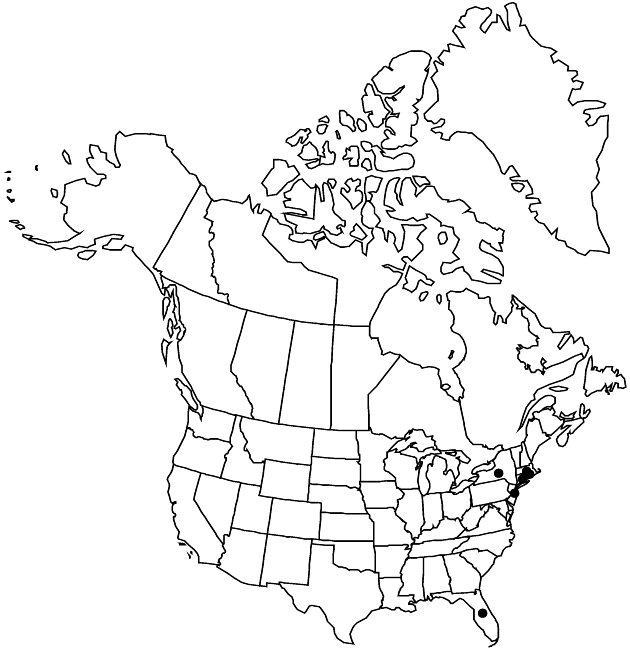Difference between revisions of "Pityopsis falcata"
Trans. Amer. Philos. Soc., n. s. 7: 318. 1840.
FNA>Volume Importer |
imported>Volume Importer |
||
| (One intermediate revision by the same user not shown) | |||
| Line 6: | Line 6: | ||
|place=7: 318. 1840 | |place=7: 318. 1840 | ||
|year=1840 | |year=1840 | ||
| + | }} | ||
| + | |special_status={{Treatment/ID/Special_status | ||
| + | |code=E | ||
| + | |label=Endemic | ||
}} | }} | ||
|basionyms={{Treatment/ID/Basionym | |basionyms={{Treatment/ID/Basionym | ||
| Line 63: | Line 67: | ||
|publication title=Trans. Amer. Philos. Soc., n. s. | |publication title=Trans. Amer. Philos. Soc., n. s. | ||
|publication year=1840 | |publication year=1840 | ||
| − | |special status= | + | |special status=Endemic |
| − | |source xml=https:// | + | |source xml=https://bitbucket.org/aafc-mbb/fna-data-curation/src/2e0870ddd59836b60bcf96646a41e87ea5a5943a/coarse_grained_fna_xml/V19-20-21/V20_493.xml |
|tribe=Asteraceae tribe Astereae | |tribe=Asteraceae tribe Astereae | ||
|genus=Pityopsis | |genus=Pityopsis | ||
Latest revision as of 20:03, 5 November 2020
Perennials, (10–)20–30(–40) cm; rhizomes 0.5–5 cm. Stems erect, sometimes reddish brown, sometimes branched distally, striate, sparsely to densely long-sericeous. Leaves: basal usually withering by flowering, shorter than cauline; cauline spreading to ascending, sessile, blades linear, falcate, often conduplicate, apices acuminate; proximal 50–90 × 2–7 mm, glabrate to sparsely sericeous; distal somewhat smaller, glabrate except for margins. Heads (2–)4–10(–25) in corymbiform arrays. Peduncles sparsely bracteolate, 1–4 cm, white-villous. Involucres turbino-campanulate, 5–8 mm. Phyllaries in 5–6 series, apices with tufts of hairs, faces sparsely strigose. Ray florets 9–15; corolla laminae 5–8 mm. Disc florets 30–60; corollas 4.5–6 mm, sparsely pilose near base of limbs, lobes 0.5 mm, sparsely pilose. Cypselae fusiform, 3–4 mm, ribbed, faces strigose; pappi: outer of linear setiform scales 0.5–1 mm, inner of 30–40 bristles 4–6 mm. 2n = 18.
Phenology: Flowering summer–fall.
Habitat: Open areas on sandy glacial deposits, often in pine barrens (Pinus rigida)
Elevation: 10–100 m
Distribution

Conn., Fla., Mass., N.J., N.Y., R.I.
Discussion
Pityopsis falcata grows on deposits left along the front of the Wisconsin Glaciation. It can be locally abundant in open sandy soils. It was collected once along railroad tracks west of Toronto, Ontario, and also along a beach in St. Petersburg, Florida, in 1955.
Selected References
None.